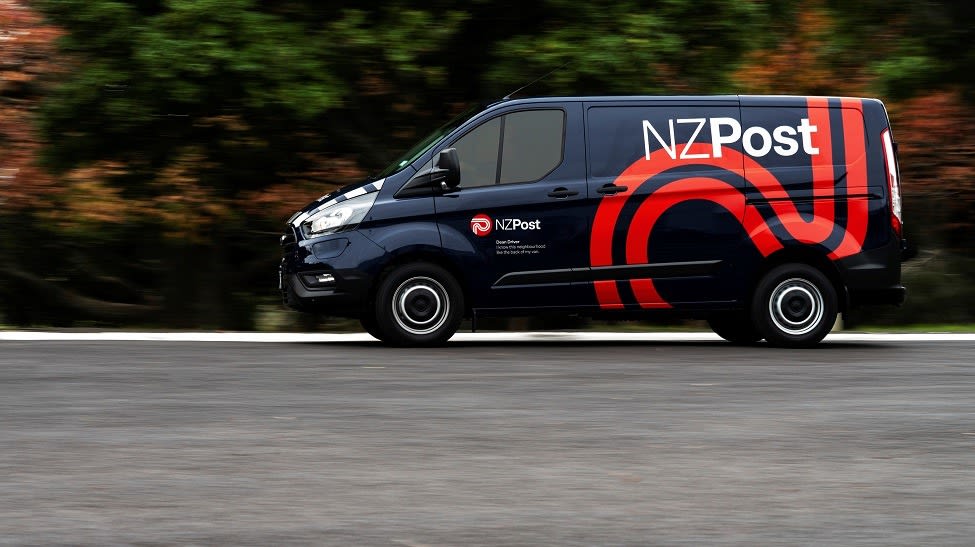
A bookshop manager has already complained to the Commerce Commission that NZ Post buying PBT Couriers would damage the quality of the courier network
State-owned NZ Post is in the process of buying rival PBT Couriers, causing one online retailer to complain to the Commerce Commission before the deal even comes up for consideration.
NZ Post confirmed the deal to Newsroom yesterday, with its chief financial officer, Rhonda Richardson, saying bringing PBT’s parcel volume into its network was a strong commercial opportunity.
“NZ Post has been investing in our parcel processing infrastructure, and this acquisition utilises the capacity and efficiencies that our network investment has delivered.”
READ MORE: * NZ Post dropped service to quarter of world – and no one knew * E-commerce dropping away ‘markedly’ * The journey to pollution-free parcel delivery
It is ramping up the parcel side of its business as mail volumes fall, from more than a billion letters annually during the 1990s and early 2000s to 200 million annually.
The pivot to parcels has been costly and difficult, cutting 750 postal jobs while building up new parcel-handling facilities. It now has plans to merge mail deliveries with its courier services.
The transaction is conditional on the decision of the Commerce Commission, which is yet to receive a clearance application for the deal.
PBT, majority-owned by private equity firm Waterman Capital, announced the plans to sell its customer contracts to NZ Post in an email to customers, saying its sale was just pending ComCom approval.
That email didn’t go down well with Blaze Forbes, the manager of Hard to Find Books' online store and Dunedin branch.
Hard to Find uses PBT for its domestic packages, which Forbes said was because NZ Post’s service was bad.
He felt that rather than spending money on improving its own service, which has attracted criticism after doing away with prepay bags and moving to a complex online solution, NZ Post was instead investing in acquiring competitors, leaving consumers with fewer options.

On receiving the customer email, Forbes sent the Commerce Commission an email objecting to the deal on the grounds it was not in the interests of competition, would increase prices and would further damage the standard of services for domestic parcel deliveries.
Service issue
Hard to Find Books has been auditing the rates quoted by NZ Post and found substantial discrepancies in its digital portal that has seen the company overcharged by more than $5000.
These discrepancies range from small issues such as rounding 44.4c up to 45c or larger issues such as consistently overcharging some services by 60c, which adds up to a significant amount of money if you send a lot of parcels as Hard to Find Books does.
After taking stock of the overcharging, Forbes said NZ Post’s representative ended up ghosting them for a while, before replying “not with an apology or any solutions”, but with an introduction to a new customer service rep, who was “sure to provide fantastic service”.
That next rep was said to not be proficient in billing and digital portal matters, which ended up with the company spending months fighting its way to someone who could understand and resolve the matter.
He said most of their billing bugs had been fixed and others were being worked on, but the whole experience made him suspect other customers were overcharged hundreds or thousands of dollars each year.

In his submission to the Commerce Commission, Forbes said it was likely that once NZ Post bought PBT’s contracts it would force PBT customers over to its digital portal, which he believed wasn’t fit for purpose, instead of the classic stickering method PBT uses.
“We believe it is in consumers’ best interest to have different courier companies available so that prices and standards of service remain competitive,” Forbes told ComCom.
“Every year, we see NZP making much of their increasing quality of service, in newsletters, flashy advertisements, etc. But our actual experience of their service, which is extensive, does not bear this out.
“Rather than investing in making their own service better, what we here see instead is NZP investing in acquiring a competitor, reducing consumers’ alternative options. NZP will then be able to point to their increased revenue and volume to be able to say, 'look, we must be doing a good job' — when in fact, over the decades, we have only seen worsening service and currently are yet to see any sign of a reversal in the direction of travel.”
NZ Post wouldn't respond to questions about its billing and customer services.







